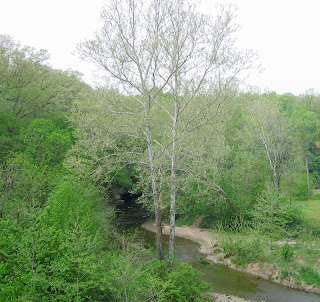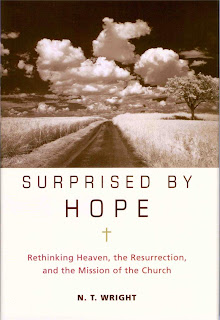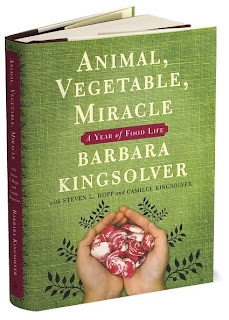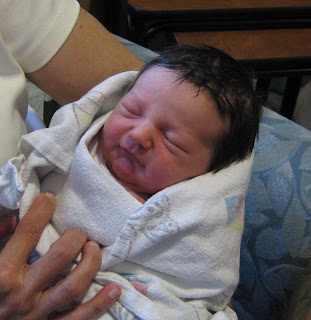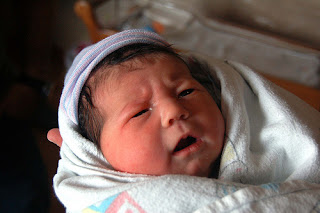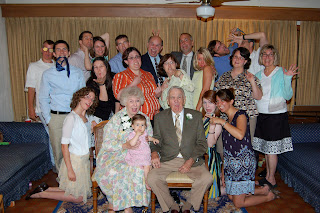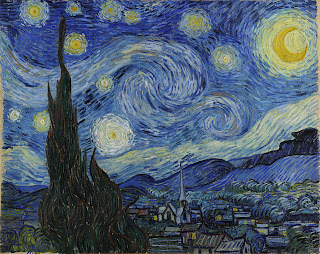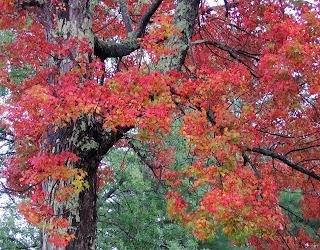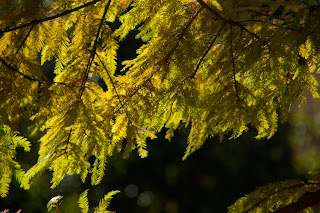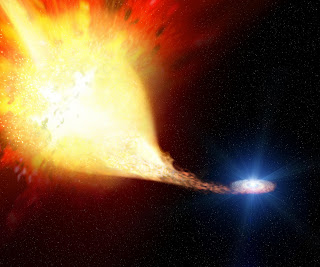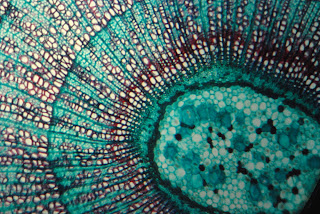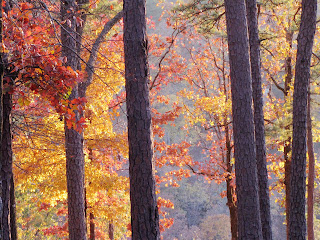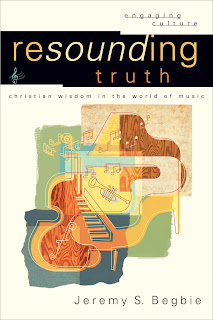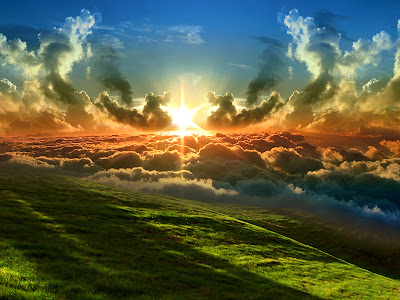I have written a lot about the ugly things of life, about death and about obeying when you can’t make sense of what you see.
I have been reminded recently of how beautiful this life can also be.
Will you feast with me? Replenish your soul with beauty.
Let God remind you of His goodness, then walk away more able to see the beauty all around you.
music(perhaps let this play while you soak in the rest of this beauty? And if you are viewing this via email/in a reader, click here to view this video)
new life
steadfast love
architecture
harvest bounty
language
I Hear America Singing
I hear America singing, the varied carols I hear,
Those of mechanics–each one singing his, as it should be, blithe and strong,
The carpenter singing his, as he measures his plank or beam,
The mason singing his, as he makes ready for work, or leaves off work,
The boatman singing what belongs to him in his boat, the deckhand singing on the steamboat deck,
The shoemaker singing as he sits on his bench, the hatter singing as he stands;
The wood-cutter’s song, the ploughboy’s, on his way in the morning, or at the noon intermission, or at sundown;
The delicious singing of the mother–or of the young wife at work–or of the girl sewing or washing, each singing what belongs to her, and to none else;
The day what belongs to the day–at night, the party of young fellows, robust, friendly,
Singing, with open mouths, their strong melodious songs.
The Lake Isle of Innisfree
I will arise and go now, and go to Innisfree,
And a small cabin build there, of clay and wattles made:
Nine bean-rows will I have there, a hive for the honey-bee;
And live alone in the bee-loud glade.
And I shall have some peace there, for peace comes dropping slow.
Dropping from the veils of the morning to where the cricket sings;
There midnight’s all a glimmer, and noon a purple glow,
And evening full of the linnet’s wings.
I will arise and go now, for always night and day
I hear lake water lapping with low sounds by the shore;
While I stand on the roadway, or on the pavements grey,
I hear it in the deep heart’s core.
the gospel
How beautiful on the mountains are the feet of those who bring good news, who proclaim peace, who bring good tidings, who proclaim salvation, who say to Zion, “Your God reigns!”
math
For any positive integer n, 1+2+3+…+n = n(n+1)/2.
Proof
Obviously, 1(1+1)/2 = 1.
Suppose the result holds for all positive integers k
Then 1+2+3+…+(n-1)+n = (n-1)n/2 + n =(n^2 – n +2n)/2 = n(n+1)/2.
By induction, the result holds for all positive integers.
art
compassion
…she broke the jar and poured the perfume on His head…”Leave her alone,” said Jesus. “Why are you bothering her? She has done a beautiful thing to Me.” ~ Mark 14
creation
There was an old Navaho prayer song that said:
Beauty before me, I return. Beauty above me, I return.
Beauty below me, I return. Beauty all around me, with it I return.
It was a song of the Southwest, where the aspens are full of gold now and the scrub oak makes the foothills rich with wine; but we of the Northeastern woodlands should know such a song, when Autumn comes down from the treetops. Beauty, the fragile but abundant beauty of the turning leaves, is before us, above us, below us and all around us.
The birch leaves drift down at midday, a sunny shower. The sugar maples are pure gold when dawn light strikes through them; and beneath them the rustling gold leaf begins to cover the grass. The swamp maples are cherry red, and knee-deep in their own color. The poplars stand naked in pools of tarnished gold, their leaves shed. The beeches are rustling with gilt Hakes, to which they will cling for weeks to come. The oaks are leather-clad, russet and oxblood and purple and ruddy brown, brown as acorns, crisp as parchment.
One walks in Autumn, now, beauty above, below and all around.
One thing I ask of the LORD, this is what I seek: that I may dwell in the house of the LORD all the days of my life, to gaze upon the beauty of the LORD and to seek Him in His temple. ~ Psalm 27
For the beauty of the earth,
For the beauty of the skies,
For the love which from our birth,
Over and around us lies…
For the joy of human love,
Brother, sister, parent, child,
Friends on earth, and friends above,
Pleasures pure and undefiled…
For each perfect gift of Thine,
To our race so freely given,
Graces human and divine,
Flowers of earth and buds of heaven…
Lord of all, to Thee we raise
This our grateful hymn of praise.


